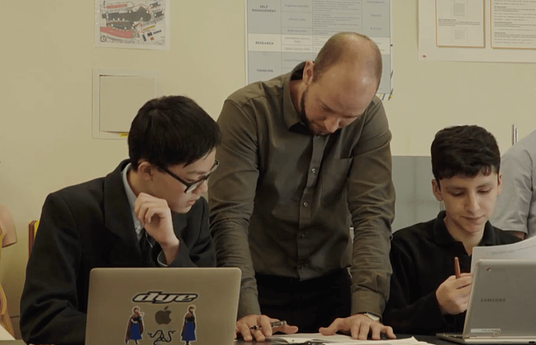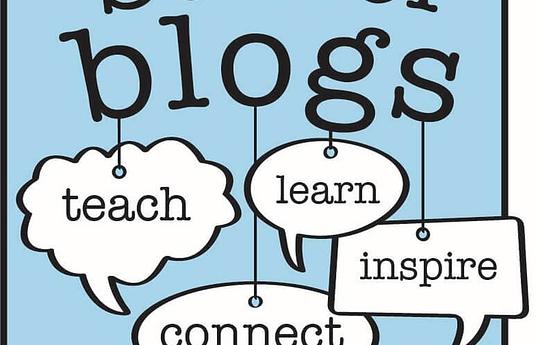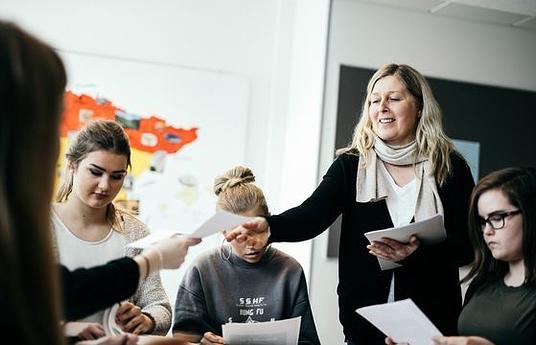Standardized testing isn’t working. In our interviews with over 100 educators and experts, that is the sentiment that springs up again and again.
Sir Ken Robinson summed up the issue with standardized assessment, saying - ‘The problem I have with a lot of standardization is that firstly, they are very heavy on comparison and very light on description. They are not very helpful for formative reasons and they are not very informative to other people either.’ Perhaps the most significant downfall of standardized testing is that it ‘makes the measurable important rather than the important measurable’.
So what might the alternatives look like? According to Edutopia, assessment should focus on an ‘abundance approach,’ rather than a perceived deficit. Turning away from the competitive, meritocratic systems of old, creative ways can highlight and build on a child’s strengths, to motivate and empower them and facilitate personalized teaching that helps them to grow.
Check out these approaches to transform assessment into the holistic, helpful tool everyone wants it to be.
Assess more often (yes, really!)
Waiting until the end of a learning module to give feedback isn’t exactly valuable to a student - the module is over, the grade is given and there will be no more opportunities to reflect, practise and improve. Summative assessment is great for administrative purposes, but how much does it help a learner to grow?
Live-time Assessment is an innovative approach, in which educators use web-based applications to create a live time feedback folder, meaning parents are able to see progress and growth in real time and students are clear on how they can improve their own learning, right there and then.
This honest communication of targets and next steps means that parents find it easier to become a partner in learning and provide holistic support to the child in a timely way.
Students are better able to articulate their learning and identify their own next steps for learning. This personalized approach to assessment means that, rather than being compared to peers, their trajectory of progress is individual. The result is more self confidence and intrinsic motivation - important factors in any learning journey.
Allow students to self-assess
Students don’t have to be just test takers. Give them agency and equip them with ways to meaningfully reflect on their work and watch them take more pride and care in their learning.
Two Rivers Public Charter School, in Washington DC, decided it wasn’t enough to allow the traditional methods of assessment to define success for their student. They constructed an innovative approach to assessment designed to focus on ‘soft skills’ such as critical thinking and problem solving skills.
Students approach a previously unseen task, for example a problem solving task involving construction with basic materials, armed with a clearly written, grade level rubric. Whilst undertaking the task, the student uses the rubric to judge whether they are beginning, developing, accomplished or exemplary at displaying certain skills, for example effective reasoning, based on the criteria in each box.
By evaluating as they go, students have the opportunity to gain and refine their metacognitive skills, to understand precisely where they need to improve and to be able to address these areas immediately, rather than at the end of term.
Let them know it’s a marathon, not a sprint
So often we treat the successes over the semester as irrelevant and, no matter what they have learned and achieved, the child’s ability is ultimately judged on their performance on test day. Surely, this is backwards.
Portfolios of work are one alternative that can express the learner’s development over the semester or year, showing themselves and others how far they have come and illustrating that the value of learning is in the journey, not the letter grade at the end. Student portfolios can be physical or digital and can even take the form of an online blog.
Students of Liger Leadership Academy in Cambodia create a portfolio of their best work which is representative of their unique learning journey and personal growth. And their learning journeys are certainly unique! Learning is personalized to such an extent that past student projects have included building an artificial reef off the coast of Cambodia, working with experts and politicians to affect policy change and even researching, writing and publishing a groundbreaking book on native species. Exactly the type of valuable learning that is impossible to measure in a test.
Consider the whole child
Standardized tests typically focus on core academic subjects but schools are placing increasing importance on other vital life skills that are not so easily assessed as maths and science are.
Blueprints, developed by Muse School in California, is a holistic assessment method that addresses every aspect of a student's learning experience and provides a clear action plan for the student to explore their passions while developing socially, emotionally and academically.
Using Blueprints, students develop proficiency in goal-setting, self-reflection, passion-based learning, self-efficacy, communication and sustainability. This approach gives children the clear message that academic subjects are just one part of their personal growth and they also gain an evidence base that illustrates they are a whole, well rounded person, not just a ‘straight A student’.




